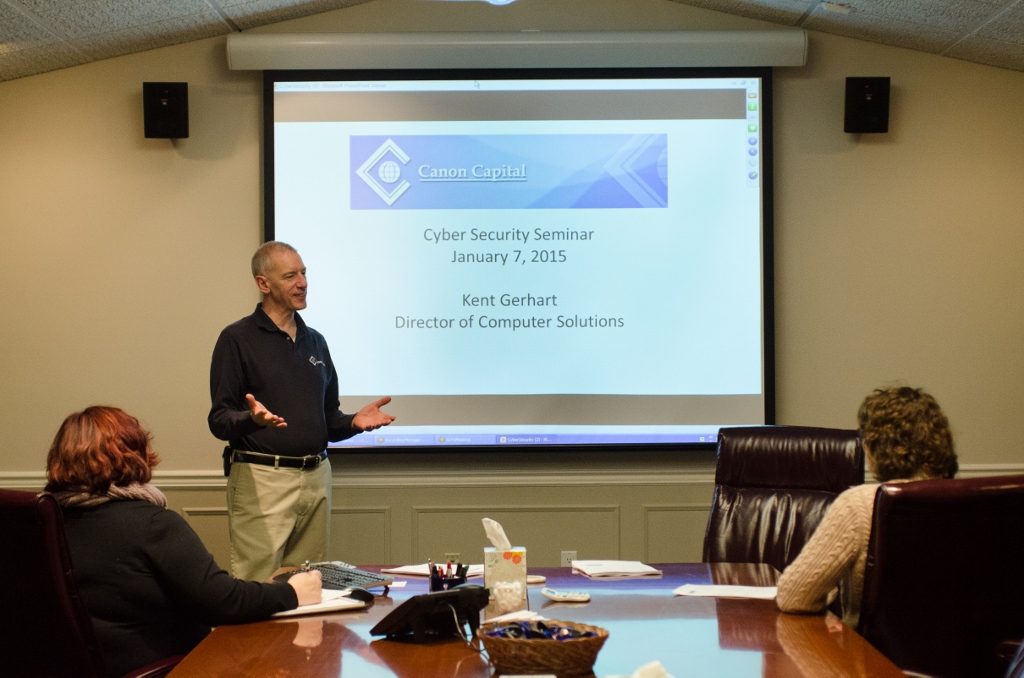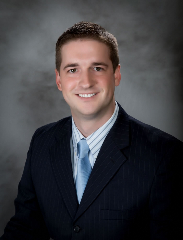If there’s one thing tax preparers can count on after the sun rises each morning, it’s clients wondering why we make such a big deal about having auto mileage, travel and entertainment properly documented.
To answer in detail, everyone is familiar with the principle of “the low hanging fruit” – that is, when we have a very big task to accomplish, we usually go after the easy “low hanging fruit” first. With the well-documented budget cuts to the IRS over the past few years, the IRS is left with limited resources to audit taxpayers. Thus, common sense would tell us they will, and are, concentrating on the “low hanging fruit.” And when it comes to exams of taxpayers, travel and entertainment expenses are the lowest hanging fruit. There are numerous reasons for this.
First, most wage earners receive a W2 at the end of the year reporting their wages. The IRS gets a copy of the W2, so there’s no real subjectivity. Even if the wage earner has interest income, business income reported on a K-1, and mortgage interest deductions – these are all reported to the IRS as well. In contrast, self-employed individuals and businesses self-report practically everything. Therefore, self-employed individuals are generally at a much higher risk of exam. And the expenses that are going to attract additional attention deal with travel and entertainment. The reason these specific expenses draw specific attention are due to their higher substantiation requirements.
There was a fairly famous case, Cohan v. Commissioner, which concluded with the decision that if the taxpayer was unable to substantiate the exact amount of an expense and evidence dictates that an expense was incurred, the proper amount may be estimated by the court.
The IRS and Congress weren’t thrilled at the idea of estimating expenses, so they created a new law concerning auto, travel, meals and entertainment expenses. This law expressly states that no deduction will be allowed as approximations or “unsupported testimony” of the taxpayer. In other words, if you don’t have proper evidence, the IRS will disallow ALL of your expenses – even if evidence indicates that the expenses were incurred.
Keeping Good Records
For travel away from home, the taxpayer must have adequate records to prove the amount, time, the place, and business purpose of the trip. For entertainment, the taxpayer must have adequate records to prove the amount, the time, the place, the business purpose, and the business relationship. For auto mileage, the taxpayer must have adequate records to prove the amount, time, and business purpose of the trip.
In other words, just having receipts for travel away from home and entertainment are not sufficient since the receipt will not document the business purpose or relationship substantiation requirements. And so, you need a contemporaneous (produced in real time) auto log.
There are thousands of cases filled with summary language similar to “Taxpayer didn’t keep or provide contemporaneous written records of time, place, miles driven, or business purpose, and instead conceded that he/she kept poor records…” in which the IRS disallowed ALL of the auto expense claimed – even though evidence indicated an expense was incurred. If that sounds like you – not keeping records in real time – not documenting business reason, place or mileage – or just keeping poor records – your WHOLE deduction is at risk. Even if there is other evidence business mileage was incurred. Again, there are hundreds if not thousands of tax court rulings where the entire auto expense was disallowed even though taxpayers had delivery receipts and other reports to evidence auto mileage had been incurred.
So you can start to see why there is such a big fuss around auto mileage. First, the entire deduction is at risk – not just a portion of it. Thus, when we as tax preparers ask the amount of business mileage incurred, answers like, “Oh, about the same as last year,” are not acceptable. It acknowledges that there are no contemporaneous records that exist to support the deduction. Second – and just as important – under an examination, you want to have the “easy” items correct on your return. Think about it from the examiner’s point of view. If the first thing they look at isn’t correct, how do you think they feel about the rest of the return? Contrast that to having everything documented correctly and making a good first impression. Which situation would you rather have? Everyone would obviously want the latter situation. Thus, keeping contemporaneous records is a big deal.
Here at Canon Capital, we speak from experience. Not too long ago, one of our self-employed clients was examined. The very first item the examiner went after was auto mileage. The examiner spent two full days reconstructing the auto logs from his records, and using other audit techniques. He barely looked at other income or expense items. In the end, our client had contemporaneous records – so the deduction stood, other than a slight miscalculation the client had in calculating the amount of mileage.
So please understand – reporting accurate auto mileage is a big deal. Thus, big deals usually come with a big fuss.
Record-keeping Made Easy
It doesn’t have to be difficult to maintain good mileage records. Stop by our reception area, where we have auto mileage logs available for your use. You might also find mobile apps like TripLog or MileIQ helpful. While the apps provide additional features, by simply tracking the date, mileage, and reason for incurring the mileage each time you travel for business, you will be in good shape.
If you have more questions or would like more advice on maintaining good expense records, we are happy to help. Contact us at 215-723-4881 or www.canoncapital.com.
















